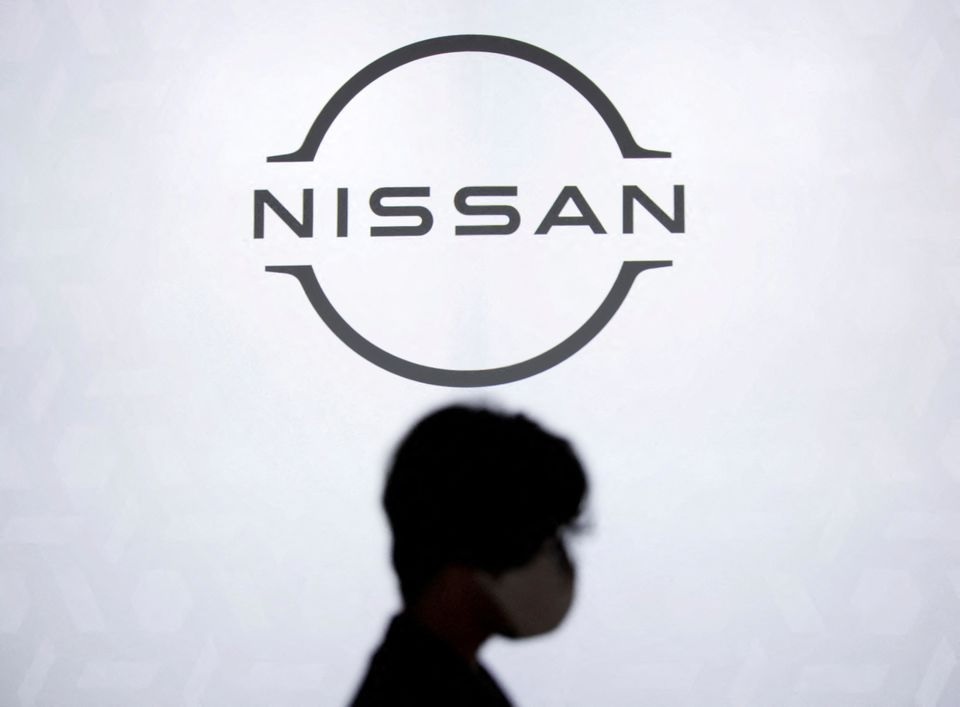LONDON, Sept 25 (Reuters) – Nissan Motor Co (7201.T) said on Monday all its new European models will be fully electric and it plans to sell only electric vehicles (EVs) on the continent by 2030, joining a growing number of carmakers shifting to electric by the end of the decade.
“There is no turning back now,” Nissan CEO Makoto Uchida said in a statement.
The Japanese carmaker said that one of two new EV models it has already confirmed for Europe will be manufactured at its Sunderland plant in northeast England.
Carmakers are complaining that failure to comply with “rules of origin” agreed in Britain’s Brexit deal with the European Union could lead to 10% tariffs on EVs traded between the bloc and the UK as soon as January. But Nissan chairman for Africa, Middle East, India, Europe & Oceania Guillaume Cartier told reporters that cars made in Sunderland would meet those rules.
Earlier this year, Nissan raised its targets for EV models as it plays catch up in a segment dominated by newcomers like Tesla (TSLA.O) – saying it would launch 19 new EV models by 2030.
Speaking to reporters in London after unveiling a concept EV, CEO Uchida declined to provide a timeline for when the first of those EVs will be launched.
Nissan also previously said that by its fiscal year ending March 31, 2027, 98% of its sales in Europe would be electrified – meaning either fully-electric cars or hybrids, which combine a battery and combustion engine.
The new goal of going fully electric in Europe by 2030 brings Nissan in line with alliance partner Renault (RENA.PA), which plans to make the Renault brand all electric by then.
Ford and Stellantis also plan to be fully electric in Europe by 2030. Volvo plans to sell only EVs globally by 2030.
Uchida told reporters that amid lower-cost competition from Chinese carmakers Nissan is working to push down its own costs as it invests heavily in electrification.
“There’s a lot of competition happening … the Chinese (carmakers) are coming massively,” Uchida said. “The Chinese have moved much, much faster than we expected.”
Reporting By Nick Carey; Editing by Kirsten Donovan and Mark Potter











